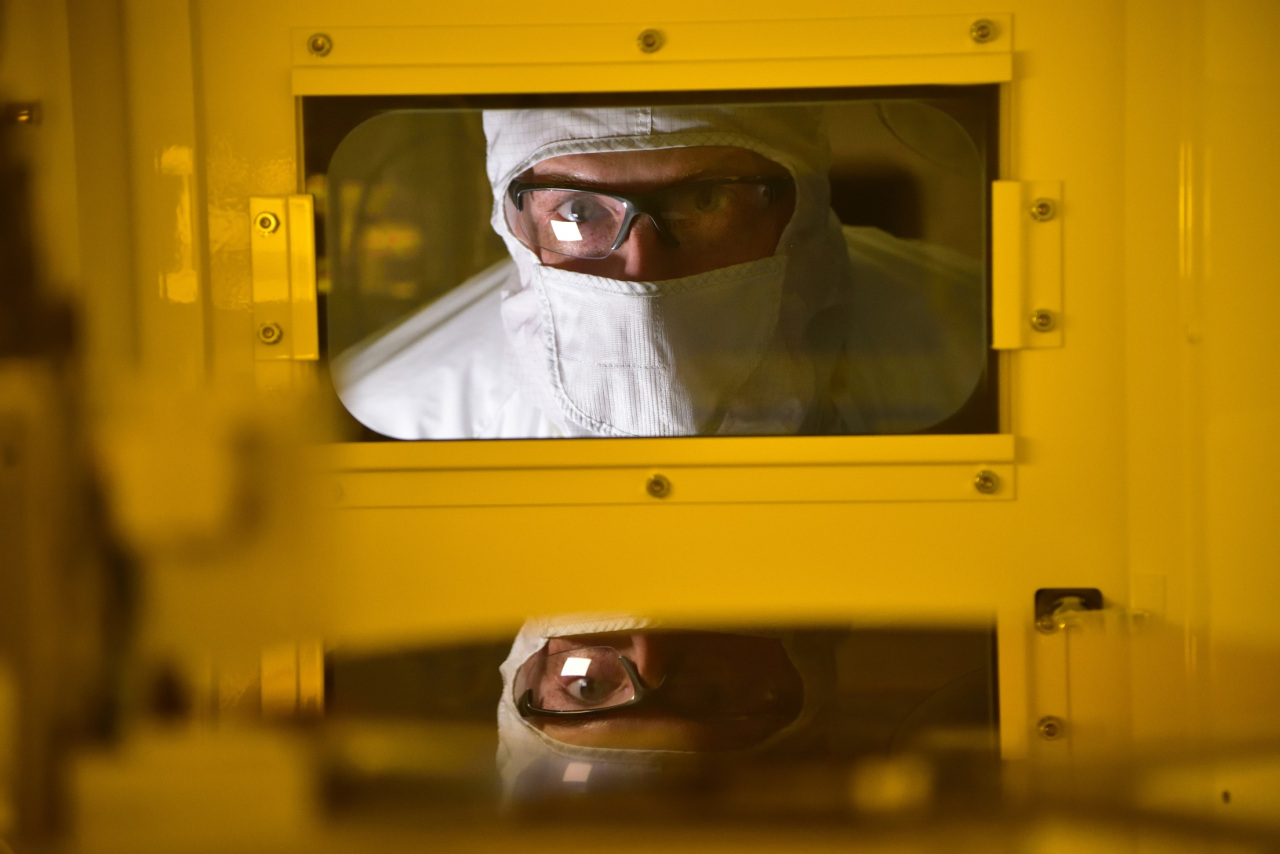Chipmakers show mixed reactions to Intel foundry plan
By Song Su-hyunPublished : March 24, 2021 - 16:21

South Korea’s semiconductor industry on Wednesday showed mixed reactions to Intel’s bid for the foundry business, agreeing with the US chip giant’s decision on the need for manufacturing not only its own chips but also chips for others at a critical time of global chip shortage.
During its Engineering the Future event on Tuesday, US time, Intel’s new CEO Pat Gelsinger said the company will set a new branch named Intel Foundry Services and invest $20 billion to build two foundry fabs in Arizona.
The announcement came amid an explosive growth in demand for chips, which caused global automakers to halt production of vehicles due to short supplies of automotive chips. Chips for electronics are also high in demand due to the growing contactless services including telemedicine and remote learning under the COVID-19 pandemic.
“Having the world’s top chipmaker in the foundry market is welcomed in terms of expanding the market size,” said an industry official in Seoul. “But the actual growth of the market will occur only after four years.”
According to the plan, Intel aims to start the foundry service in 2023, but market observers are skeptical of the timing considering the current foundry capabilities of the company.
For a long time, the global foundry market has been dominated by Taiwan Semiconductor Manufacturing Co. The Taiwanese firm accounted for 56 percent of the total market as of the first quarter of this year, followed by Korea’s Samsung Electronics with 18 percent.
TSMC has been accelerating its investments in expanding manufacturing facilities since the outbreak of COVID-19, as it eyes a growing demand.
Intel, meanwhile, is betting on the market and forecast its value to grow to $100 billion by 2025.
Amid the heightening race in the foundry market, Intel’s foundry plan was not surprising to Korean chip industry officials as the US chipmaker has hinted several times at its foundry plans.
However, some local officials appeared doubtful about Intel’s actual capabilities for external chip manufacturing.
Last year, Intel confirmed it had to delay the rollout of central processing units produced on its 7-nanometer process node as its yields for the 7 nm process were 12 months behind of its internal target.
“Intel’s 7 nm struggle will not be easily resolved in the short run, despite the new investment in foundry,” another market observer said. “The US company seems to be far behind of TSMC and Samsung’s foundry tech road maps.”
Considering the size of the investment for the two new fabs in Arizona, industry insiders say that Intel hasn’t yet achieved remarkable improvements in its 7 nm process manufacturing.
With a schedule to start producing chips using a 5 nm process, Taiwan’s TSMC is in the process of investing a total of $12 billion for a single plant in Phoenix.
Samsung is said to be revising its plan to pour as much as $17 billion into a new foundry fab with cutting-edge equipment -- highly likely to be below the 7 nm process -- either in Austin, Texas or somewhere in Arizona.
Some predict that Intel’s new foundry plants wouldn’t be as advanced as Samsung’s or TSMC’s.
“Intel’s announcement tells how critical the timing is now to execute investments to build more chip plants,” an official at a chipmaker said.
Although Intel has revealed its partners for foundry will include IBM, Qualcomm, Microsoft, Google and more, it seems like the company’s major foundry customer would be US government agencies.
“As part of the semiconductor industry, what we are more curious about is not Intel’s customers, but how Intel would attract foundry technologies and human resources,” another chipmaker official said.
By Song Su-hyun (song@heraldcorp.com)











![[Hello India] Hyundai Motor vows to boost 'clean mobility' in India](http://res.heraldm.com/phpwas/restmb_idxmake.php?idx=644&simg=/content/image/2024/04/25/20240425050672_0.jpg&u=)







